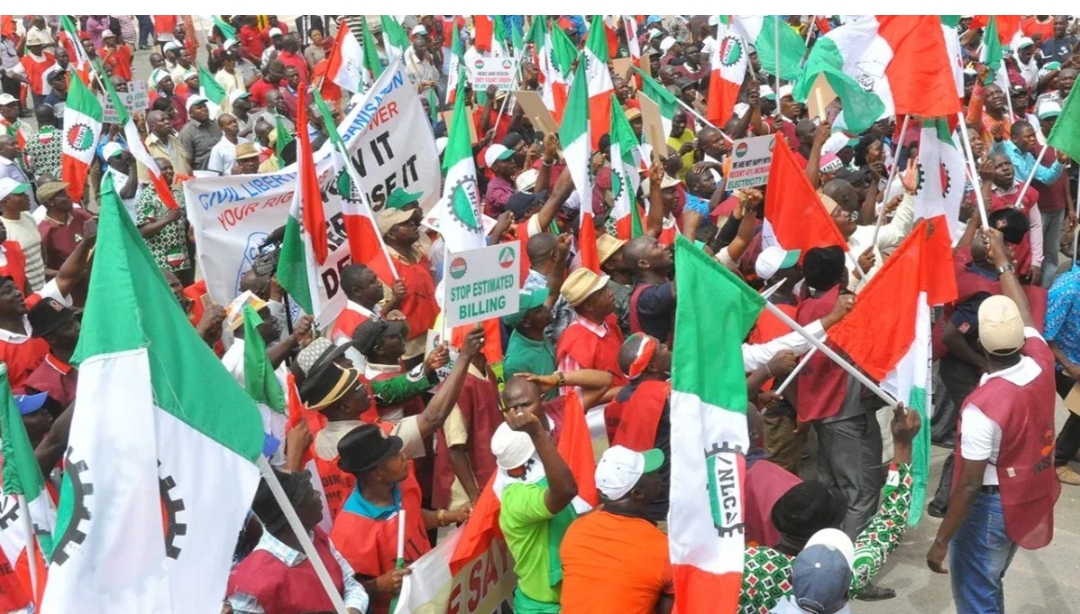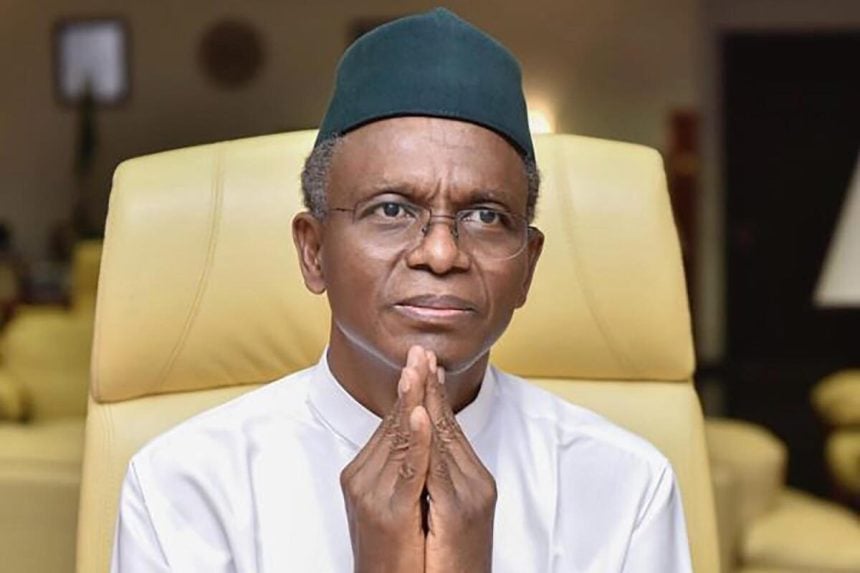NLC demands upward review of ₦70,000 minimum wage

The Nigeria Labour Congress (NLC) has called for an upward review of the national minimum wage.
They insist that the current ₦70,000 is no longer sufficient to meet the rising cost of living.
The demand comes in the wake of wage increases announced by several state governments in recent months.
President Bola Tinubu had in July 2024 signed the National Minimum Wage Bill into law, raising the wage floor from ₦30,000 to ₦70,000.
The law applies across the federation, covering federal, state, and local government workers, as well as those in the private sector.
However, on August 27, 2025, Imo State reviewed its minimum wage upward to ₦104,000 following a meeting between Governor Hope Uzodinma and organised labour.
The governor said the adjustment, which also affected the wider salary structure of civil servants, was aimed at improving workers’ welfare.
Before Uzodinma’s announcement, several other states had already taken steps to raise wages.
On October 16, 2024, Lagos State Governor, Babajide Sanwo-Olu, announced a new wage of ₦85,000 with a pledge to increase it further to ₦100,000 in 2025.
Rivers State followed suit two days later with an ₦85,000 minimum wage.
Bayelsa, Niger, Enugu, and Akwa Ibom set theirs at ₦80,000; Ogun and Delta at ₦77,000; Benue and Osun at ₦75,000; while Ondo pegged its rate at ₦73,000.
Speaking in an interview with the News Agency of Nigeria (NAN), Benson Upah, acting general secretary of the NLC, said workers were struggling to cope with economic realities.
“The truth is that N70,000 is not sustainable under the present economic situation.
“Workers are under immense pressure, and unless the government responds quickly, the crisis of survival will only worsen,” he said.
Upah added that while the NLC remains open to dialogue, industrial action could not be ruled out if the federal government fails to act.
Similarly, Shehu Mohammed, president of the Association of Senior Civil Servants of Nigeria (ASCSN), commended states that had raised wages, describing them as “eye-openers” for the federal government.
“Right from the beginning, during the negotiation, our demand was for a living wage, and we submitted ₦250,000 as a reasonable benchmark,” he said.
“Let’s be realistic. Even if you pay electricity bills out of ₦70,000, what remains cannot sustain a family for 10 days.”
Mohammed urged governments to back wage adjustments with broader social policies that reduce living costs, including affordable housing, accessible healthcare, and subsidised transport.
Some federal workers who spoke with NAN also expressed concern, saying survival has become increasingly difficult under current economic conditions.










